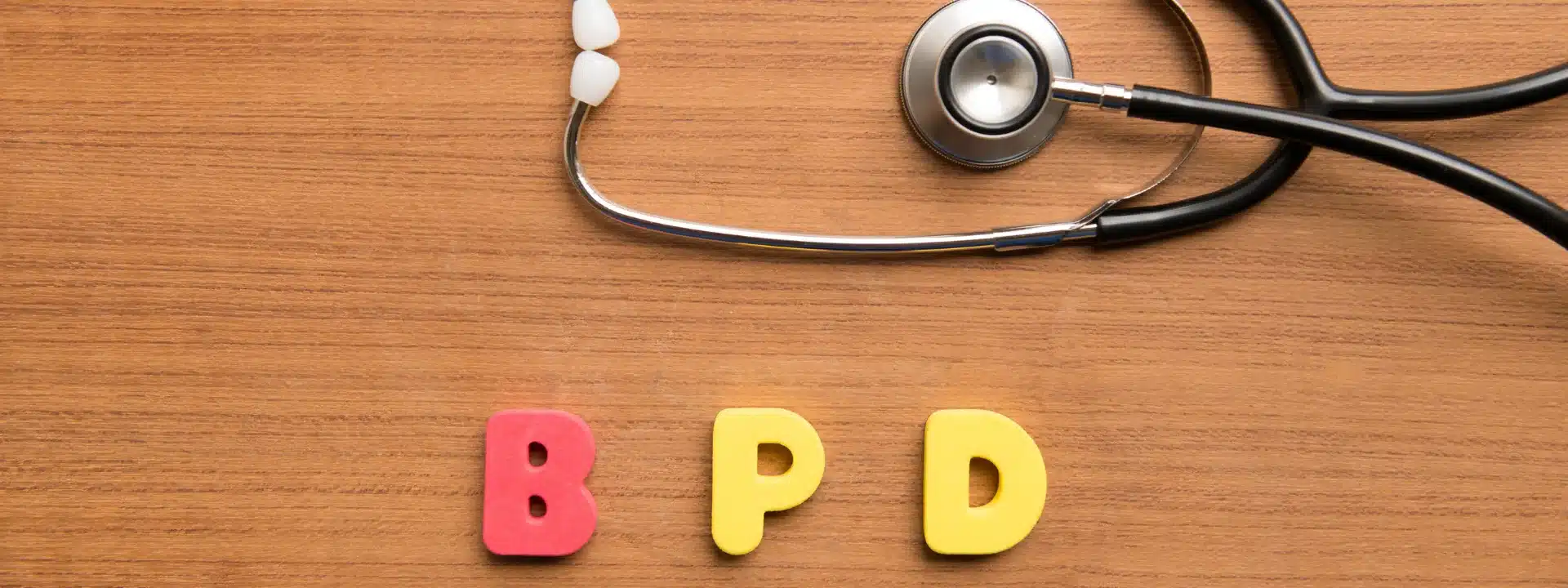Do you ever wonder why your sadness feels so heavy? Do you ask yourself, what is bipolar depression? You might think it is only “depression.” But what if there’s more to it?
Bipolar depression is different. It often hides behind low moods. High-energy phases can come later, making it harder to spot. That’s why many people feel confused.
You may wonder if this is you. You may question why you can’t “snap out of it.” Asking these questions is not a weakness. It is courage.
We’re going to face those questions together. Why is bipolar depression misdiagnosed? Why does it last longer? Why choose therapy? How do you treat it safely? How do you tell it apart from other kinds of depression? And how do you manage episodes when they come? Let’s explore, step by step.
Why Is Bipolar Depression Misdiagnosed
Have you ever felt that treatment didn’t match how you felt? You take medicine for depression, but it doesn’t help. Sometimes, it even makes things worse. That could mean the diagnosis was incomplete.
Doctors often see the sadness first. They don’t always see the “up” moods. That’s why bipolar depression remains usually misdiagnosed as major depression. The first visit may focus only on your low energy, your hopelessness, or your lack of motivation. But the whole picture is more complex.
A real-world retrospective study by Wu et al. (2024) looked at more than 1,400 people in China who were first diagnosed with major depression. Later, about 14.5% were re-diagnosed with bipolar I or II. The study found that those with bipolar often had certain traits: they were younger, more likely to have repeated episodes, and more likely to attempt suicide. They also showed signs like agitation, psychotic features, and more co-occurring mental health conditions. On the other hand, people with only major depression had more insomnia, weight loss, and body symptoms.
So, what does that mean for you? It means asking the right questions matters. Did you ever feel racing thoughts? Did your mood flip from low to high? These are not minor details. They can change your whole diagnosis.
Why Does Bipolar Depression Last Longer
Do your low moods drag on for weeks (or even months)? Do you feel like time stands still while you wait to “snap out of it”? That’s not uncommon.
Research shows depressive phases in bipolar often last longer than manic ones. They can feel heavier, too. That explains why recovery may take longer than expected.
For example, Nan Lyu and colleagues, in a study published in BMC Psychiatry, found people with bipolar depression had longer and more recurring episodes than those with unipolar depression. They also had more hospital visits.
So, what does that mean for you? It means you’re not weak. Your brain is facing a real challenge. Longer episodes need steady support. At Alter Behavioral Health, we help you build healthy routines. Sleep. Meals. Stress tools. Small daily actions help anchor you when moods last too long.
Why Choose Therapy for Bipolar Depression
Do you ever think therapy won’t work for you? Or that it’s just “talking”? Therapy is more than that. It teaches skills you can use daily.
Therapy helps you notice triggers before they explode. It shows you how to slow down racing thoughts. It gives you ways to deal with stress and pain.
Edward Watkins, in Advances in Psychiatric Treatment, confirmed that people with bipolar depression had fewer relapses when they combined therapy with medicine. They also reported a better quality of life.
Therapy is not a last resort. It’s a key step. At Alter Behavioral Health, we pair therapy with medical care. That way, you don’t just feel better—you stay better.
How to Treat Bipolar Depression Safely
Do you worry treatment could make you worse? If yes, you’re the only one. The wrong plan can sometimes trigger mania. That’s why safety matters most.
Treatment should never be “one pill fits all.” It requires a careful mix of medication, therapy, and close monitoring. Balance is the key.
A 2025 review by Oliva et al. in eClinicalMedicine showed that antidepressants used alone raised the risk of mania. The safest care combined mood stabilizers, therapy, and careful watch.
At Alter Behavioral Health, we build safe treatment plans. We move slowly, with you in control. You get the help you need, without the risk of falling into another episode.
How to Distinguish Bipolar From Unipolar Depression
Do you wonder if you have “just depression” or bipolar? The difference can change everything.
Unipolar depression shows sadness without highs. Bipolar depression shows both lows and highs—though highs may be subtle. Did you ever feel endless energy? Did your ideas move too fast? Did your sleep drop, but your mood stayed up? These signs matter.
Ouzar et al. (2025), in Molecular Psychiatry, used wearable devices to measure movement and body temperature. Such tools could tell bipolar depression from unipolar depression with strong accuracy.
At Alter Behavioral Health, we ask about your full story. We look at both highs and lows. That’s how we see the real picture.
How to Manage Bipolar Depression Episodes
Do you feel powerless when an episode starts? Do you think nothing can stop it? That’s not true. You can manage episodes with the right tools.
Tracking your moods helps. Noticing sleep changes helps. Building structure into your days helps. Small steps reduce the power of depression.
In their systematic review of reviews, Hayley McBain et al. showed that self-management plus treatment reduced hospital visits. People who tracked and adjusted early did better.
At Alter Behavioral Health, we teach skills you can use right away. You can’t always stop episodes from coming. But you can keep them from taking control.
A Brighter Everyday
So, what is bipolar depression? It’s a challenge—but it’s not unbeatable. You’ve seen why misdiagnosis happens, why episodes last longer, why therapy matters, how treatment can be safe, how to tell bipolar from unipolar, and how to manage episodes.
At Alter Behavioral Health, we believe in treating the whole person. We listen. We build care that fits your life. And we stay by your side.
You don’t have to do this alone. Call us today. Let’s start your journey to steadier days. Contact us here.
FAQs About Bipolar Depression
1. What is bipolar depression?
It’s the depressive phase of bipolar disorder, mixed with mood swings.
2. Why is bipolar depression often misdiagnosed?
Because low moods look like major depression, hiding the highs.
3. Why does bipolar depression last longer?
Research shows depressive phases are deeper and more frequent.
4. Why choose therapy for bipolar depression?
Therapy builds coping skills that medication alone can’t provide.
5. How do you treat bipolar depression safely?
Use mood stabilizers, therapy, and close monitoring together.
6. How can you tell bipolar from unipolar depression?
By tracking highs, family history, and mood patterns.
7. How to manage bipolar depression episodes?
Track moods, build routines, and get early support.
8. Can lifestyle changes help bipolar depression?
Yes. Sleep, meals, and stress care make a big difference.
9. Is bipolar depression lifelong?
It is long-term, but manageable with treatment.
10. Where can I find help for bipolar depression?
At Alter Behavioral Health, care is safe and personal.



